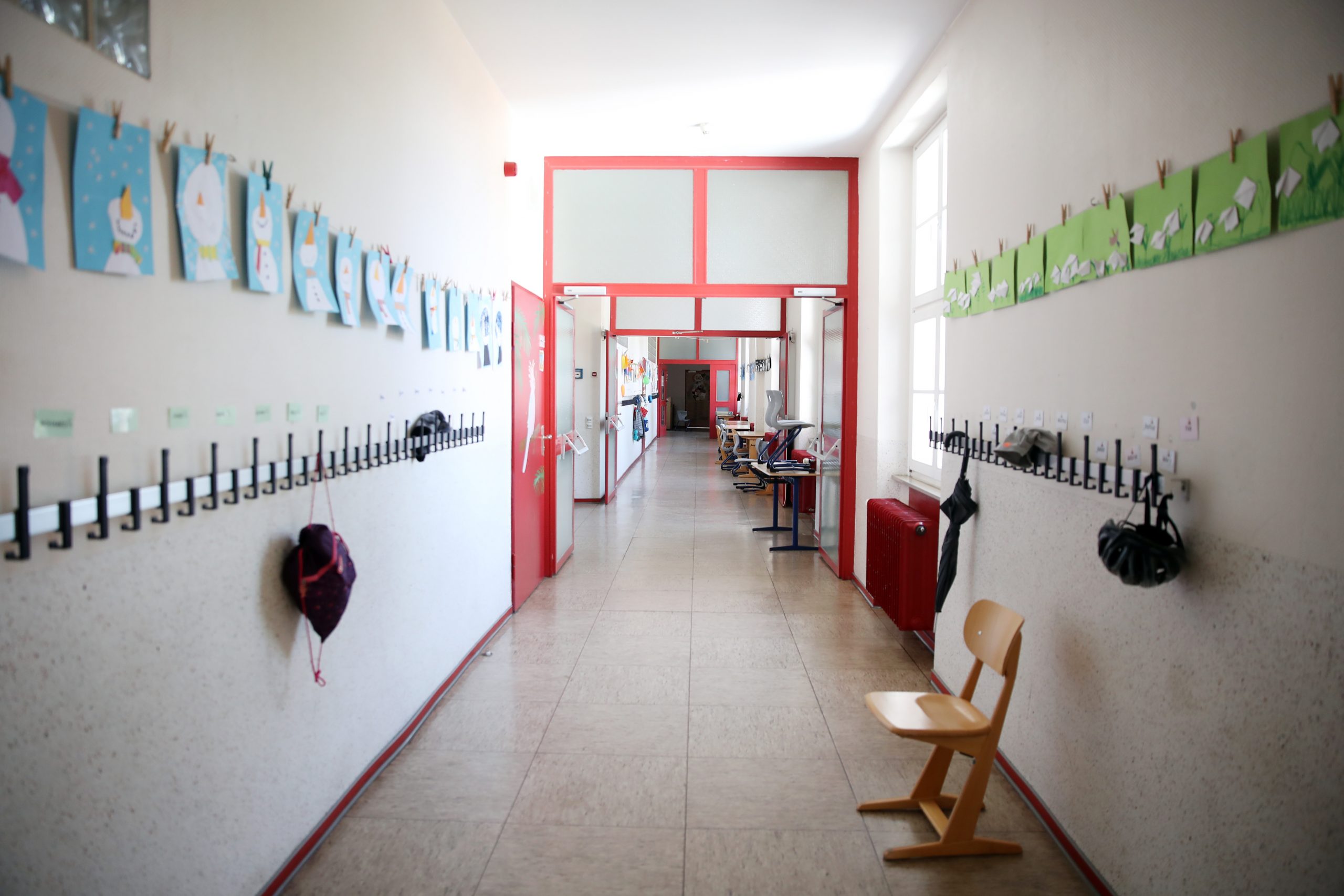
How many fronts does the government want to fight on? Gavin Williamson has blasted teaching unions for, he says, blocking attempts to resume schoolteaching. Grant Shapps has said it is the “civic duty” of everyone to avoid using public transport while returning to work. Jacob Rees-Mogg is in a war of words with the Speaker of the House, the opposition parties and his own backbenches over plans to bring Parliament back to normal.
What connects the three rows is that the government, which only last week was talking about how its NHSX app would allow them to test and trace new infections once they had slowed the rate of community transmission, now seems to have U-turned in a bid to get the economy moving again.
Teaching unions (and indeed parents, and individual teachers) have understandable concerns that while children themselves may not be vectors for infection, schoolgates and teaching staff are — indeed, the evidence from Denmark is that reopening has driven the rate of transmission back up.
People in London — the place that Boris Johnson once described as the engine of the British economy — also have understandable questions about how they can get to work in a city reliant on public transport without spreading the disease.
The considerations about re-opening Parliament are, in part, because it’s a bad look to urge other people to head back out to work from the safety of a Zoom call. The problem though, is the same one which bedevils the whole enterprise: you can’t restore Parliament to its full function if you have a Parliament where not all of its members can participate fully.
Equally, you can’t get the economy moving again without serious anti-viral measures, be it a vaccine or palliative treatments. Restaurant bookings and takings in the leisure economy were falling throughout March as people opted to social distance long before the government mandated it. The over-50s spend more on every consumer category bar clothing and footwear than the under-50s: so there is no economic recovery without a path back for the over-50s to fully participate in society, the economy and public life.
The only way to do that without an indefinite wait for medical advances is to transition the economy to new ways of operating and to put the infrastructure to test, trace and isolate new cases into place.
And the real risk of abandoning those attempts is that we end up with a second spike in infections and a traumatised public — causing both social and economic harm.





